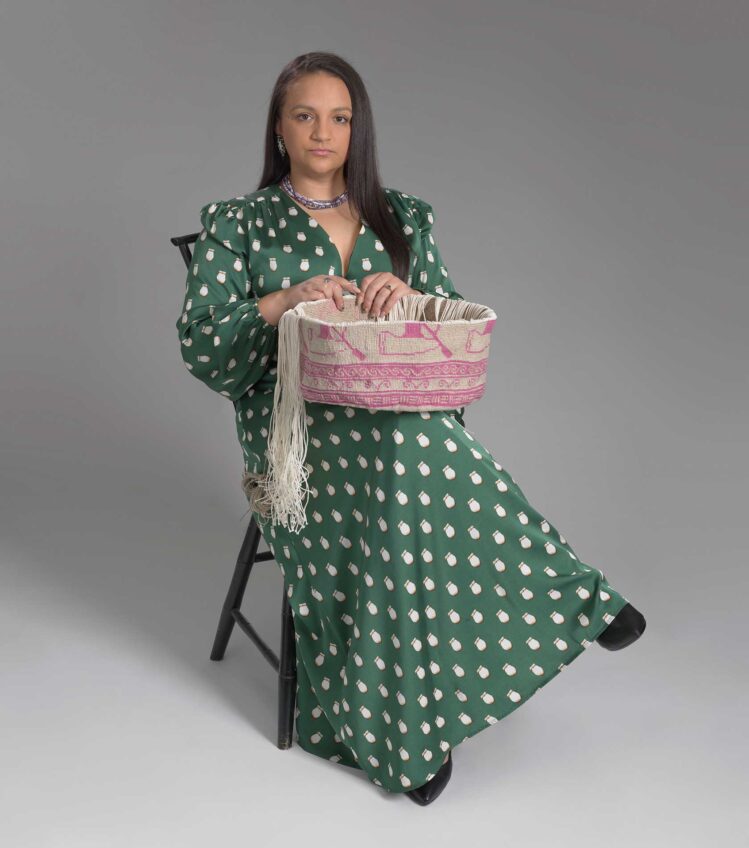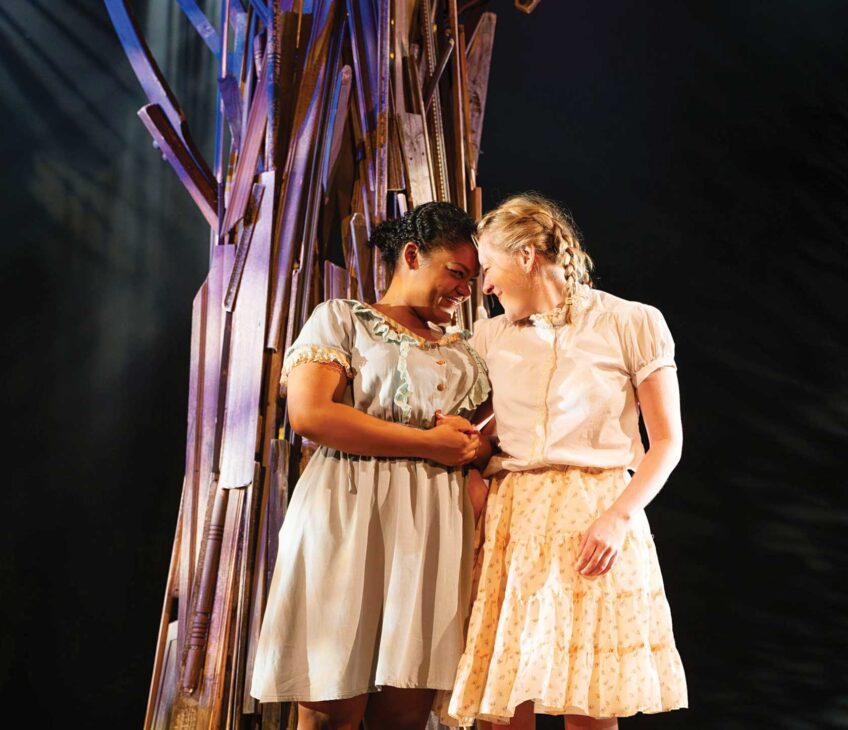
This week is like nothing I’ve ever in my lifetime experienced. Along with everyone, I have been juggling, re-arranging, shifting everything I am involved in to the virtual world while the arts and cultural world from Broadway to Boston and beyond shuts down. But there is one last show which I’ve seen that has just announced it is closing Sunday March 15, and for the record, I want to applaud it because it is about the kind of connection that will save us in the end: PIPELINE by Dominique Morisseau, directed by Dawn M. Simmons, and presented by The Nora and WAM Theatre at Central Square.
The play strikes at the heart of systemic racism in America, specifically within the educational system, and the rage that system inspires in the young black men trapped in the “school-to-prison” pipeline. The play focuses on a mother who is desperately trying to keep her son on track, and though Nya (Alexandria Danielle King) teaches in an inner city public school, she has sent her teenage son Omari (Hubens “Bobby” Cius) to a private prep school. We gradually find out that Omari has had a violent confrontation with one of his teachers, captured on video, which may get him expelled or even locked up.
And there’s the rub; Morisseau plunges us into a thicket of issues, none of which have easy answers. When that teacher pressed Omari to explain the rage of the central character in a discussion of Richard Wright’s novel “Native Son,” Omari felt provoked and trapped into attacking. Was Omari’s angry reaction justified? Was that teacher biased or unfairly provocative? Is Nya correct in insisting that Omari should have restrained himself? She herself knows something about rebellion.
The situation is additionally complicated by Nya’s guilt over the break-up of her marriage after she had an extramarital affair with a colleague (James Ricardo Milord), and Omari’s resentment of his distant wealthy father (Kevin Craig West). It’s not clear if the domestic drama is meant to additionally explain Omari’s rage or undercuts its legitimacy as a response in a rigged system.
Gritty video projections loom large over ingeniously minimal, swiveling sets; but it’s the exceptional cast (including an hilarious Sandra Seoane-Seri as Omari’s classmate Jasmine and Barbara Douglass as battle-scarred teacher Laura) which grabs us immediately with passion and poetry in equal measure. King’s and Cius’ performances are evenly matched in intensity and this is crucial as mother and son face off at the heart of the matter. The poetry is Morisseau’s eloquent text and the lyricism of the voices she gives her characters.
There is additional poetry by way of Gwendolyn Brooks’ compact stunner of a poem in four syncopated, rhymed couplets, “We Real Cool.” Its themes infuse the play and its last line triggers a panic attack in Nya, limning as it does a future she fears for her son. As a teacher, Nya has already instructed her class on context by requiring them to step back and look at the way even the physical representation of a poem’s text can reveal how a biased system bends content to its will, along with the voices it contains.
There is a crucial scene, the fulcrum of the play really, where an anguished Nya begs her son to give her instructions on how to raise him– and he does. His instructions are a simple, heartfelt plea for patience, respect, and compassion in dealing with the rawness of new and inherited pain. That leaves a lot of blanks for us to fill in, but Morisseau’s gripping PIPELINE has opened a channel in the right direction. I truly hope this production is remounted after the pandemic is past for as many people as possible to see.






